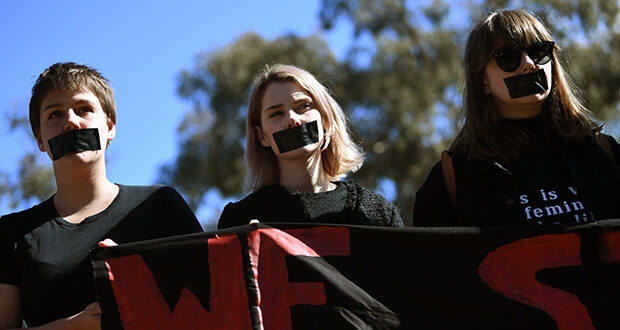Students are still facing barriers when reporting sexual assault and harassment on Australian university campuses despite a sector-wide overhaul of institutional policies and support services.
Last month marked one year since the findings of the second Universities’ Australia National Student Safety Survey was released.
The study of almost 44,000 university students found one in six had been sexually harassed since starting university, and one in 20 had been sexually assaulted.
It found nearly half of those harassed knew some or all of their perpetrators, and almost half of the incidents occurred on campus.
Of those who reported sexual assault, only 29.7 per cent were satisfied with their university’s response.
End Rape on Campus Australia founder and director Sharna Bremner said students are still experiencing increasingly high rates of sexual violence.
“Unfortunately we’re seeing absolutely no improvements,” Bremner told Campus Review in March.
“Just this week alone, we’ve had three students come to us for help because their university has not done anything with a complaint that they filed months ago.”
Last year’s survey marked the second major investigation into sexual violence on Australian university campuses.
The Australian Human Rights Commission’s landmark Change the Course report in 2017 revealed widespread rates of sexual violence against university students and a lack of adequate university policies and practices to address the issue.
In response, the majority of universities initiated or renewed their sexual assault and harassment policies, introduced online reporting tools and rolled out mandatory consent education modules.
According to Bremner, universities are increasingly looking towards more restorative justice based approaches but are “encouraging victims to engage on a more collegial level with the person who assaulted them.”
“We’re still seeing in almost all situations perpetrators going completely unsanctioned for what they’ve done,” she said.
In 2021, Universities Australia received $1.5 million from the federal government to create ads and other resources to distribute on campuses with high rates of sexual violence.
A UA spokesperson said it agreed to sideline a proposed sexual violence prevention campaign during O-week this year after research indicated that a broad campaign "would unlikely have the cut through required to be effective in shifting behaviours and attitudes."
Universities Australia chief Catriona Jackson said hundreds of initiatives and measures to prevent and better respond to sexual violence have been implemented since the release of last year's student safety survey.
"We have just released revised university guidelines around responding to sexual harm, and later this year we’ll bring the sector together to discuss best practice approaches to prevention," she said.
Do you have an idea for a story?Email [email protected]
 Campus Review The latest in higher education news
Campus Review The latest in higher education news

